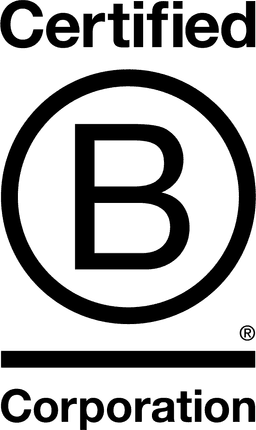

Sol Organica, LLC

Carazo Department, Nicaragua
March 2017
Agricultural Processing
Agriculture/Growers
Nicaragua,
United States
Sol Organica, a Certified B Corp located in San Marcos, Nicaragua processes tropical fruits sourced from smallholder farmers throughout the country. They were founded on a mission to alleviate poverty in these communities through market access and, since their inception in 2007, they have taken a novel approach to trade. As a vertically integrated social enterprise, they are directly involved in each step of the value chain, allowing them to elevate our environmental and social impact. They source from smallholder farmers through direct trade relationships, develop organic and regenerative value chains, and process unique tropical fruit varieties into purees, frozen cubes, dried fruit and powders for the natural and organic marketplace. Sol Organica, LLC through its operating subsidiaries, Burke-Agro de Nicaragua, S.A. and Sol Simple, LLC, has three different operating entities under our wing serving unique purposes across the value chain.
Overall B Impact Score
Governance 16.9
Governance evaluates a company's overall mission, engagement around its social/environmental impact, ethics, and transparency. This section also evaluates the ability of a company to protect their mission and formally consider stakeholders in decision making through their corporate structure (e.g. benefit corporation) or corporate governing documents.
What is this? A company with an Impact Business Model is intentionally designed to create a specific positive outcome for one of its stakeholders - such as workers, community, environment, or customers.
Workers 20.4
Workers evaluates a company’s contributions to its employees’ financial security, health & safety, wellness, career development, and engagement & satisfaction. In addition, this section recognizes business models designed to benefit workers, such as companies that are at least 40% owned by non-executive employees and those that have workforce development programs to support individuals with barriers to employment.
Community 38.0
Community evaluates a company’s engagement with and impact on the communities in which it operates, hires from, and sources from. Topics include diversity, equity & inclusion, economic impact, civic engagement, charitable giving, and supply chain management. In addition, this section recognizes business models that are designed to address specific community-oriented problems, such as poverty alleviation through fair trade sourcing or distribution via microenterprises, producer cooperative models, locally focused economic development, and formal charitable giving commitments.
What is this? A company with an Impact Business Model is intentionally designed to create a specific positive outcome for one of its stakeholders - such as workers, community, environment, or customers.
Environment 36.1
Environment evaluates a company’s overall environmental management practices as well as its impact on the air, climate, water, land, and biodiversity. This includes the direct impact of a company’s operations and, when applicable its supply chain and distribution channels. This section also recognizes companies with environmentally innovative production processes and those that sell products or services that have a positive environmental impact. Some examples might include products and services that create renewable energy, reduce consumption or waste, conserve land or wildlife, provide less toxic alternatives to the market, or educate people about environmental problems.
What is this? A company with an Impact Business Model is intentionally designed to create a specific positive outcome for one of its stakeholders - such as workers, community, environment, or customers.
Customers 1.9
Customers evaluates a company’s stewardship of its customers through the quality of its products and services, ethical marketing, data privacy and security, and feedback channels. In addition, this section recognizes products or services that are designed to address a particular social problem for or through its customers, such as health or educational products, arts & media products, serving underserved customers/clients, and services that improve the social impact of other businesses or organizations.